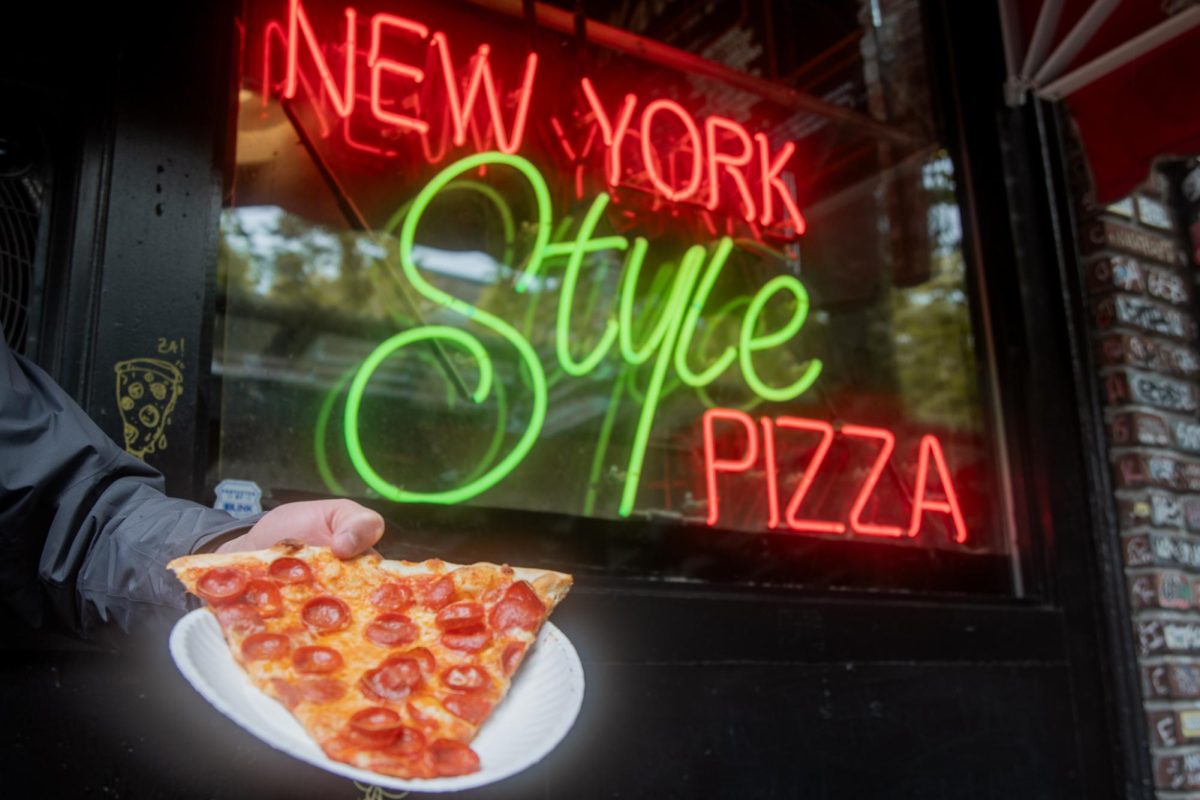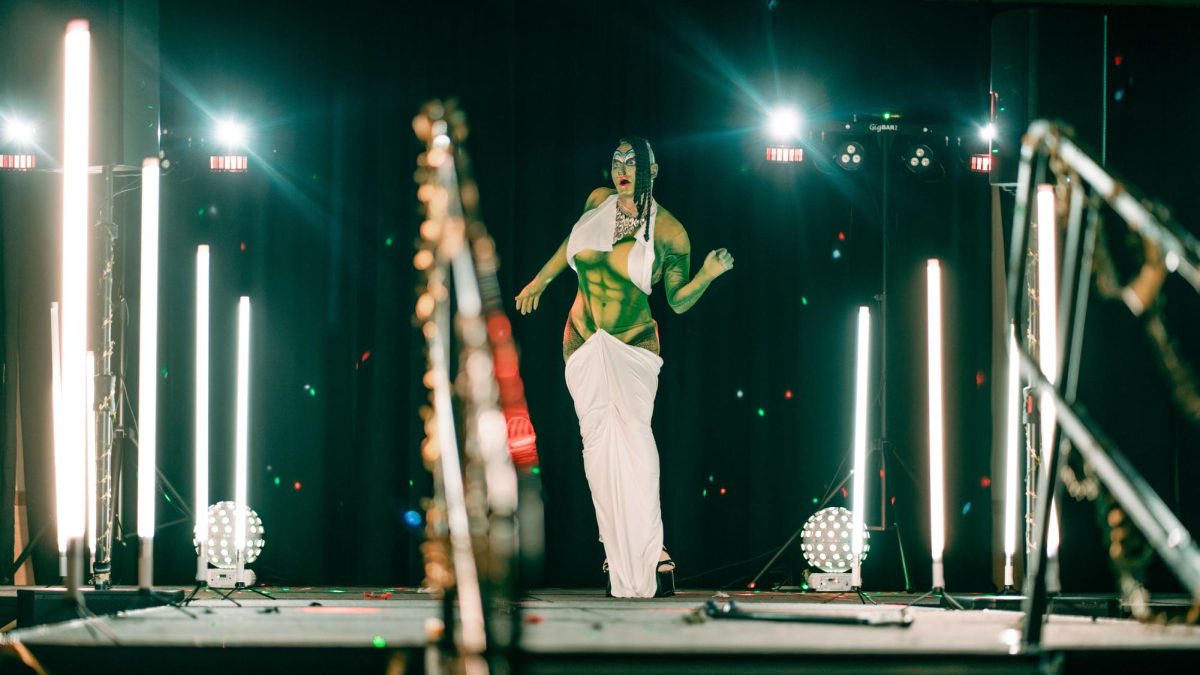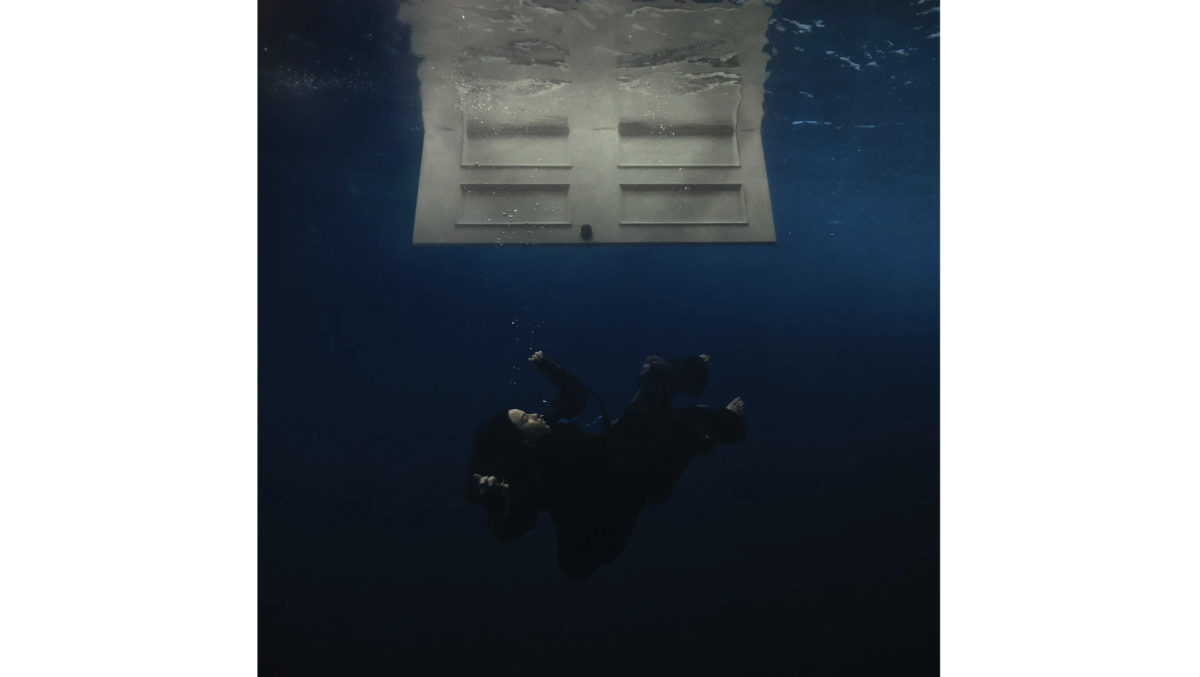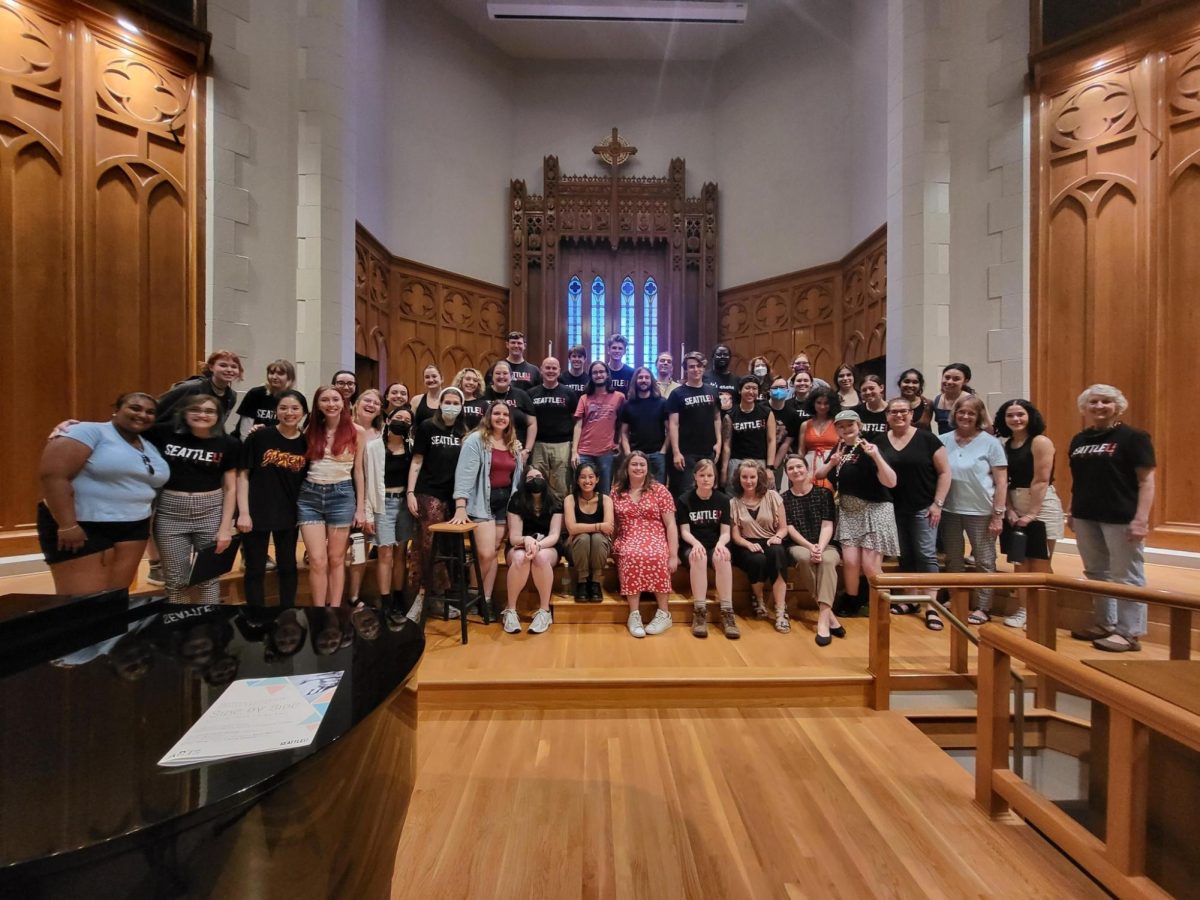“There is a great literary scene [in Seattle], but I still think there’s work to be done to spotlight more representative voices of Native Americans or indigenous people,” said Casandra Lopez (of the Chicana, Cahuilla, Luiseno and Tongva tribes).
This Friday, Lopez and two other female Native American prose writers will share that spotlight at Richard Hugo House, an organization that offers support and resources to local writers.
Lopez and Elissa Washuta (Cowlitz) will read alongside visiting author Erika J. Wurth (Apache, Chickasaw and Cherokee). Wurth will read a selection from her new book, “Crazy Horse’s Girlfriend.”
Wurth, an associate professor of creative writing at Western Illinois University, said she doesn’t want to speak for any other natives, or even for her own tribe.
“Ultimately, my only goal was to write a very organic project but also an imaginative version of what I knew growing up,” Wurth said.
The main character of Wurth’s semi-autobiographical novel is Margaritte, an ambitious 16-year-old living in Idaho Springs, Colo. In an attempt to escape what she believes to be her impending future of substance abuse, unemployment and poverty, she and her new boyfriend run away together. In an ironic turn of events, Margaritte finds herself mirroring the lifestyles of those she loathed when she is forced to start dealing drugs and unexpectedly becomes pregnant.
Like Margaritte, Wurth was interested in literature throughout her youth. Both she and her character used reading as an escape from the trauma inflicted by an alcoholic parent. When confronting sensitive topics such as these, Wurth said that some writers feel conflicted about perpetuating the cultural stereotypes so often placed on native people—but she said it’s not a concern for her.
“There are a lot of writers who are really funny and self-referential about that, but I’m better at being sort of organic, showing things as they are,” Wurth said.
Along with authentic details, setting was of the utmost importance to Wurth when shaping her story. For a region so densely populated with American Indians, Wurth was troubled by the absence of native voices in the Denver literary community. With “Crazy Horse’s Girlfriend,” Wurth hopes to place more attention on the experiences of Denver’s Native Americans.
Casandra Lopez will read an excerpt from her nonfiction essay “Secret Keeper” at the Hugo House event. The essay will be published in the fall issue of the Waxwing Journal, which seeks to promote diverse contemporary American literature alongside international voices.
Lopez described the work as an “intense, emotional piece.” With carefully chosen diction and lyrical prose, she illustrates the devastating emotion she and her family endured while grieving the loss of her younger brother, who was murdered four years ago.
“Often times you just read about them in the paper, you get a name, the facts, the numbers,” Lopez said. “But you don’t really get their life or understand what goes on in the family’s life beyond the murder or the death. I was trying to capture that… I also wanted to talk about how grief doesn’t end. Even after a year there’s still grief, there are feelings of loss. It sort of changes, but it doesn’t really end.”
She began writing this piece in the form of poetry, a medium she found to be most effective in processing the early stages of her grief. Eventually Lopez transitioned into essay format with a series of paragraphs that use figurative language.
“The poetic elements [of the essay] create balance with the subject matter,” Lopez said.
“What’s cathartic and fulfilling about it is the connection I make with other people who’ve experienced similar experiences,” Lopez said.
Elissa Washuta, the third writer being featured in the event, is touring her debut memoir, “My Body is a Book of Rules.” Washuta’s memoir chronicles her experience of living with bipolar disorder and helps expose the lack of understanding among those unaffected by mental illnesses.
Navigating the manic highs and lows of her illness, the adverse side effects of her medications, sexual assault, and her struggle to identify with her Native American heritage, Washuta provides a deeply personal account of her history of adversity.
“I wanted to create something that was as true to my memory as possible,” Washuta told Seattle Weekly. She said her goal was to show readers “what it’s like to be in so much terror and to have such an ill brain. I want my book to get a good conversation going.”
The event will take place this Friday, Oct. 3 at Hugo House at 7 p.m.
Darlene may be reached at [email protected]










